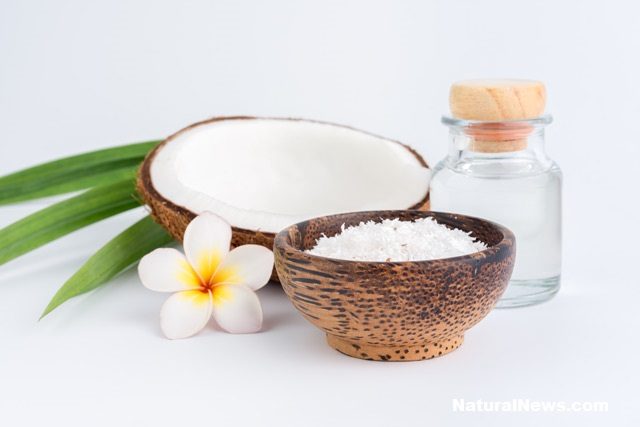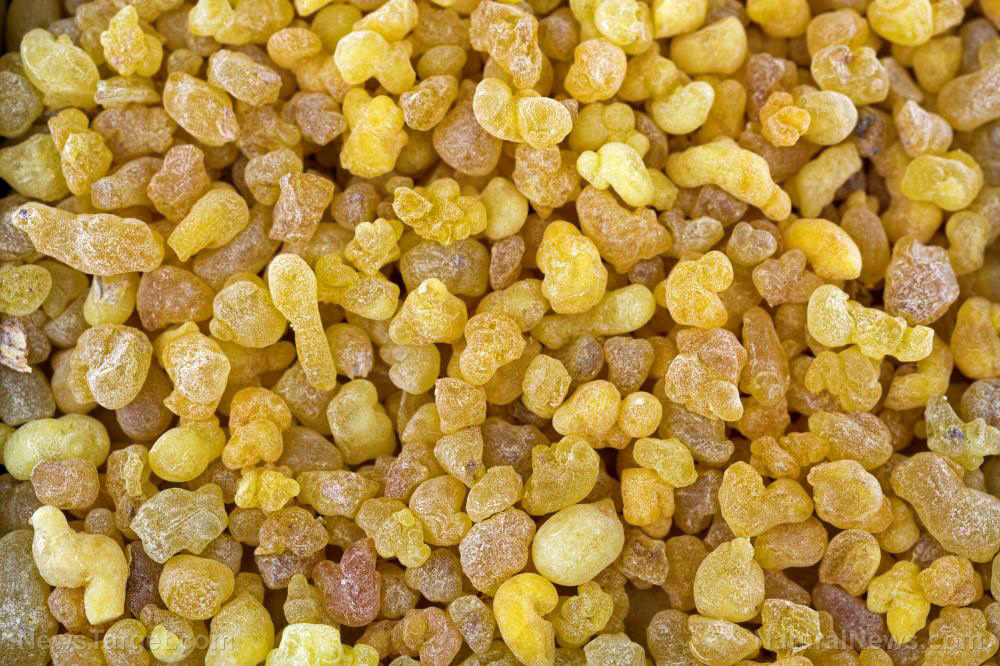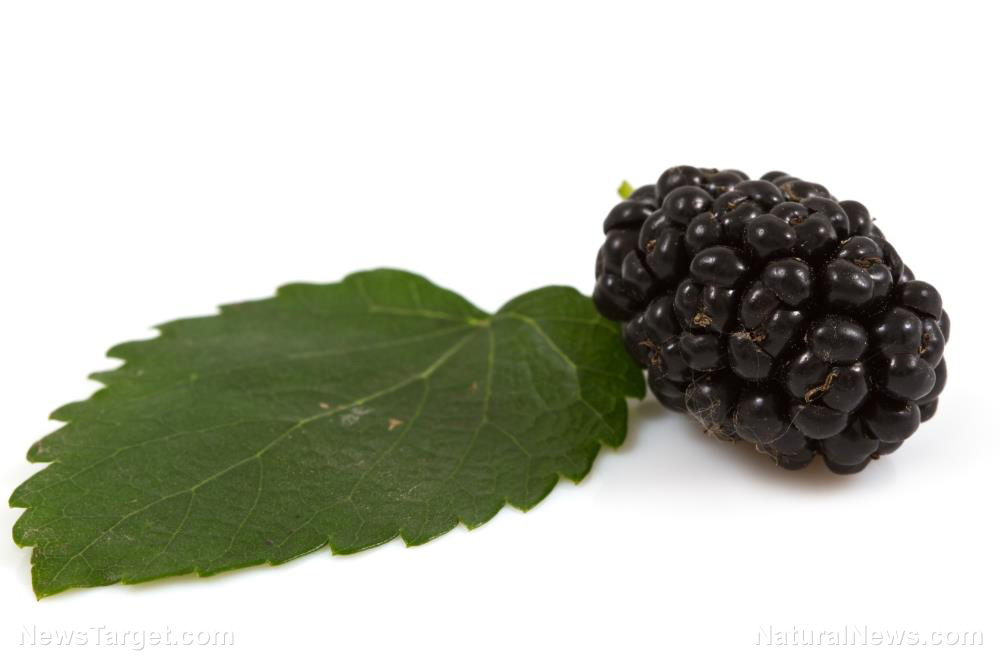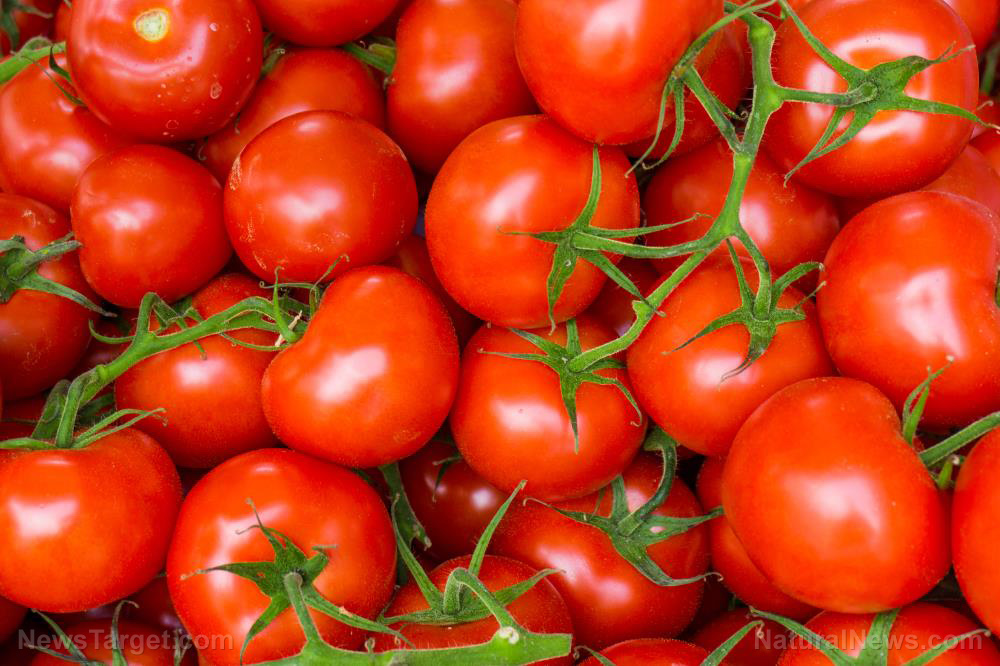Researchers examine the potential of coconut shell liquid smoke for promoting burn wound healing
12/18/2018 / By Edsel Cook

You can get medicinal use out of the shells of spent coconuts. By burning them in a certain way, you can turn them into liquid smoke. According to an Indonesian study, this coconut shell liquid smoke can speed up the healing of burn wounds.
When compared to more mundane wounds, burns are much more difficult to treat. If they are not managed correctly, and early enough, they can cause significant discomfort, pain, and scarring.
The healing process for burn wounds starts with inflammation, where cytokines and growth factor summon neutrophils and monocytes. It progresses to the proliferation of fibroblasts, skin cells that produce fibers for closing the wound.
Finally, remodeling involves the proper arrangement of the extracellular matrix. The newly-grown skin must match the elasticity and strength of undamaged skin.
Povidone-iodine is the most widely used antiseptic for wounds. However, it could cause skin irritation and other adverse side effects.
Antioxidants are becoming a more popular means of improving the healing process. They neutralize the oxidative reactive species produced by cell metabolisms, such as during the healing process. (Related: Flax for burns: Study reveals oil from flaxseed reduces inflammation and speeds healing in burn wounds.)
The antiseptic properties of coconut shell liquid smoke
In search of an alternative antiseptic, researchers from the Universitas Padjadjaran (UP) considered the coconut (Cocos nucifera). Not only is it a valuable commercial cop, but it is also a source of traditional remedies.
A coconut shell contains plenty of antioxidants. If heated to temperatures of 752 F, it will be transformed into liquid smoke. This thick yet vaporous form has anti-inflammatory and antimicrobial effects in addition to its antioxidant content.
The researchers decided to test this coconut shell liquid smoke as a topical antiseptic. They set up a mouse model and induced burn wounds on the backs of the animals.
Treatment consisted of either a saline solution, povidone iodine, or the coconut shell liquid smoke. The antiseptic was applied to the wound twice a day for 25 days.
The mice were monitored for the rate at which their wound closed. Three specimens from each group were sacrificed so that skin tissue samples could be taken from the burn wound. The researchers counted the number of fibroblasts present in the samples.
The antioxidant compounds in coconut shells speed up burn wound healing
The UP researchers found that coconut shell liquid smoke sped up the wound healing process by encouraging it to close. The coconut-based treatment maintained a steady increase in the rate of healing compared to the saline and povidone iodine treatments.
The flavonoids, phenols, and tannins in the liquid smoke are theorized to contribute to the healing process. All three plant-based compounds have antioxidant activities that prevent oxidative stress and help reduce tissue injury. They also have antimicrobial effects that prevent infection.
The researchers also counted the number of fibroblasts in the wound. Wounds treated with povidone-iodine displayed decreasing levels of these important repair cells, indicating that the synthetic antiseptic killed them.
In contrast, saline and coconut shell liquid smoke treatments did not hamper the proliferation of fibroblasts. Furthermore, only the liquid smoke encouraged the growth of the fiber-producing cells.
Fibroblasts play an essential role in wound closure. The more of them are present, the faster the wound contracts and the stronger the resulting extracellular matrix becomes.
The researchers believed that coconut shell liquid smoke speeds up the healing process of burn wounds by encouraging the migration and proliferation of fibroblasts. For further experiments, they recommend identifying the active compounds responsible for this beneficial increase.
Visit NaturalCures.news to find out about natural alternatives to pharmaceutical antiseptics.
Sources include:
Tagged Under: burn treatment, burn wounds, Coconut, coconut shell liquid smoke, coconut shells, fibroblasts, Wound Healing




















